Serving The Wasatch Front Area

What to Know About Proper Condenser Unit Protection
May 20, 2020
Protecting your condenser unit can be an excellent way to
extend its lifespan, but improper protection can be a waste of time, effort,
and money. In some cases, certain forms of condenser protection may even be
counterproductive and cause damage. By learning about proper condenser unit
protection, you can make the best decision for your HVAC system.
Why Protect Your Condenser?
The outdoor portion of your air conditioning system contains
the compressor unit, condenser coils, and condenser fans. The condenser unit
houses each of these components, along with some associated plumbing and
circuitry. Since the condenser coils require airflow to release heat back into
the atmosphere, your condenser must allow air to pass through it freely.
Unfortunately, the open nature of the condenser unit means
that moisture and debris can also easily find their way inside. The components
inside are robust enough to survive the elements, but that does not mean that
problems cannot develop. Large sticks or other detritus can block the fan
blades, and extended contact with moisture can lead to rust.
Allowing weeds or grass to grow around your condenser unit
is another potential source of trouble. Vegetation helps to retain moisture,
potentially leading to conditions that can rust the outer housing. Thick weeds
can also impede technicians when your unit requires servicing.
What Are the Requirements for Any Protective Option?
A variety of commercial and do-it-yourself options exist to
protect your condenser, but choosing the right one can be tricky. Any method
you choose should meet three general requirements:
- Block large debris from entering the condenser.
- Allow unrestricted airflow while the unit is in use.
- Avoid retaining excess moisture.
Covers or other protective options that restrict airflow or
retain moisture can damage the unit, ultimately negating any benefit.
What Are All-Season Protection Options?
Two simple, year-round options to protect your condenser
include ground cover and fencing. Fencing specifically for condenser protection
should have large openings to allow air to flow freely through the condenser
cabinet. Additionally, you should install fencing at least two feet
away
from the unit to avoid creating any obstructions.
Fencing around your units offers benefits in all seasons.
During the winter, your fence will help to prevent snow drifts from building up
alongside the outside of the cabinet. During the spring and summer, the fence
will protect your condenser from small animals or wind-driven debris. Even
better, a simple fence can help to beautify your unit as it protects it.
In addition to building a fence around your unit, nearby
ground cover is another straightforward option to provide moderate protection.
Mulch or stone will prevent weeds or grass from growing too close to the
cabinet, which can improve airflow or help to remove moisture. Stopping weeds
from growing nearby can also reduce the likelihood that rodents will infest the
unit.
What Are Seasonal Protection Options?
If you want to provide additional protection for your
condenser through the fall and winter, then a cover is the best option.
Unfortunately, you cannot use a cover year-round since they impede airflow and
trap moisture inside of the units. Long-term cover usage also provides shelter
for rodents and other pests. Instead, you should only cover your unit when it
is at the highest risk.
To select a cover, choose one that is easy to install and
remove as necessary. Waterproofing is essential, but pay attention to how the
cover fits along the bottom of your unit as well. Insufficient protection along
the bottom edge can allow rodents to sneak under the cover or promote mold
growth near the moist ground.
Most importantly, remove your cover when it isn’t needed.
Taking your cover off even during the winter will help to remove moisture and
keep your condenser unit from becoming an attractive home for pests.
If you are concerned about maintaining or protecting any
part of your HVAC system, Comfort Solutions can help. Give us a callto
discuss your options.
Recent News
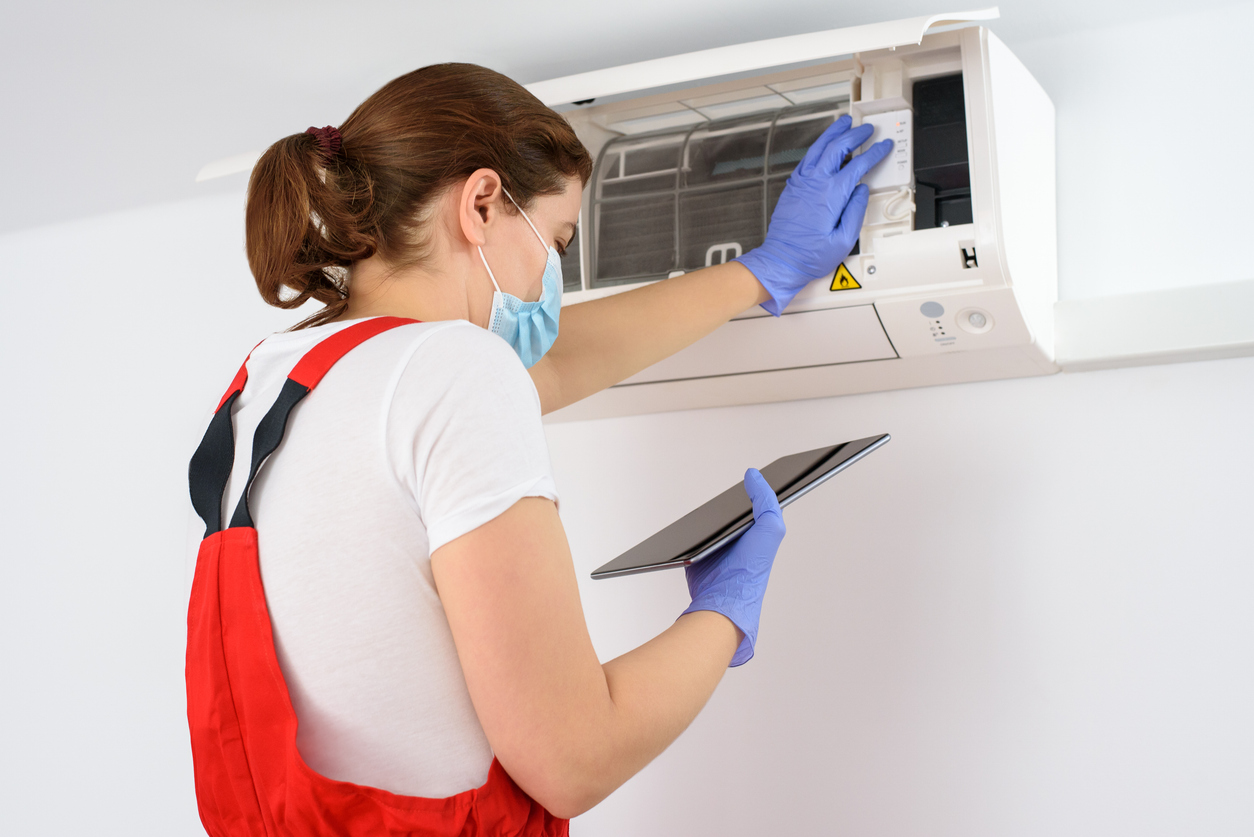
When to Upgrade Your AC Systems: Benefits & More
February 25, 2025

Why Remote Workers Should Upgrade Their HVAC
February 10, 2025
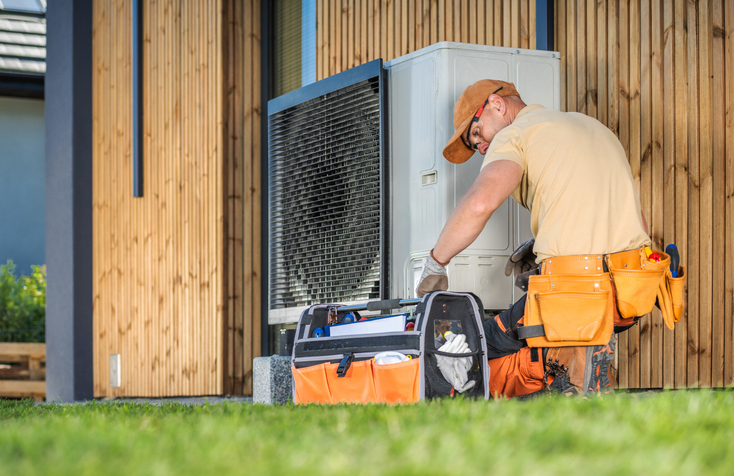
Common Home Heating, Furnace Repair & Replacement Myths
February 7, 2025
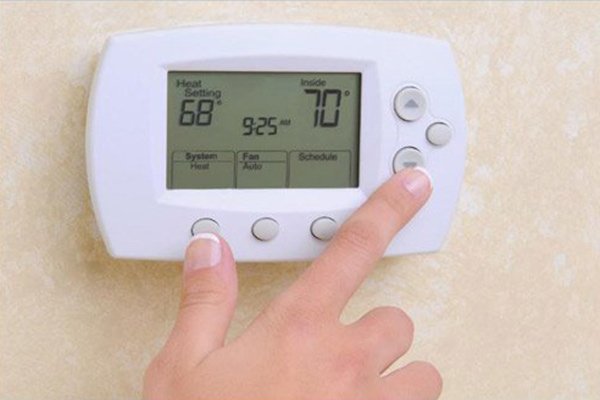
Keep Your Fireplace and HVAC Systems Running Strong All Winter
December 6, 2024
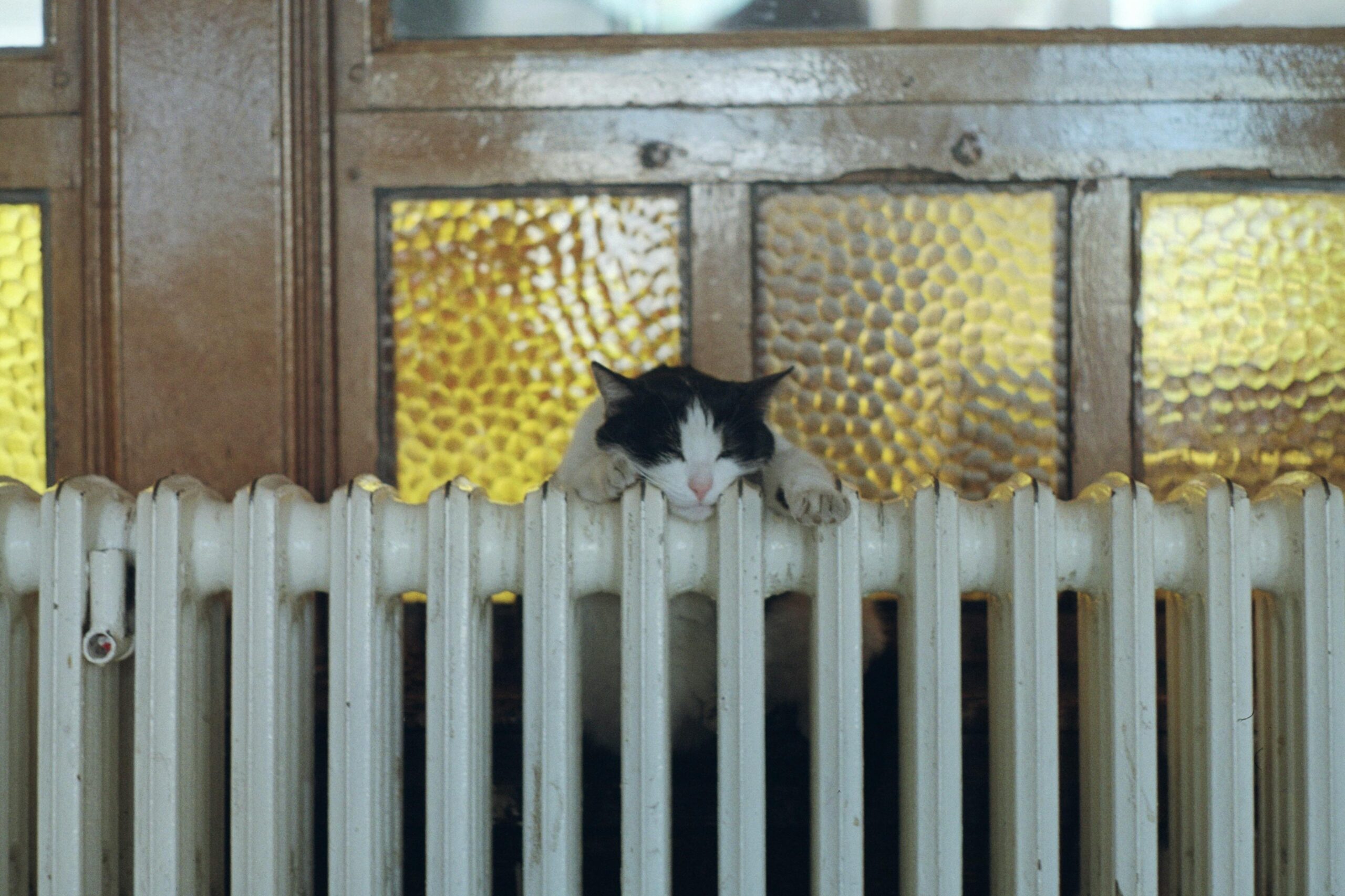
Your Comprehensive Heating Guide: Installation, Repair, Efficiency & More
September 18, 2024
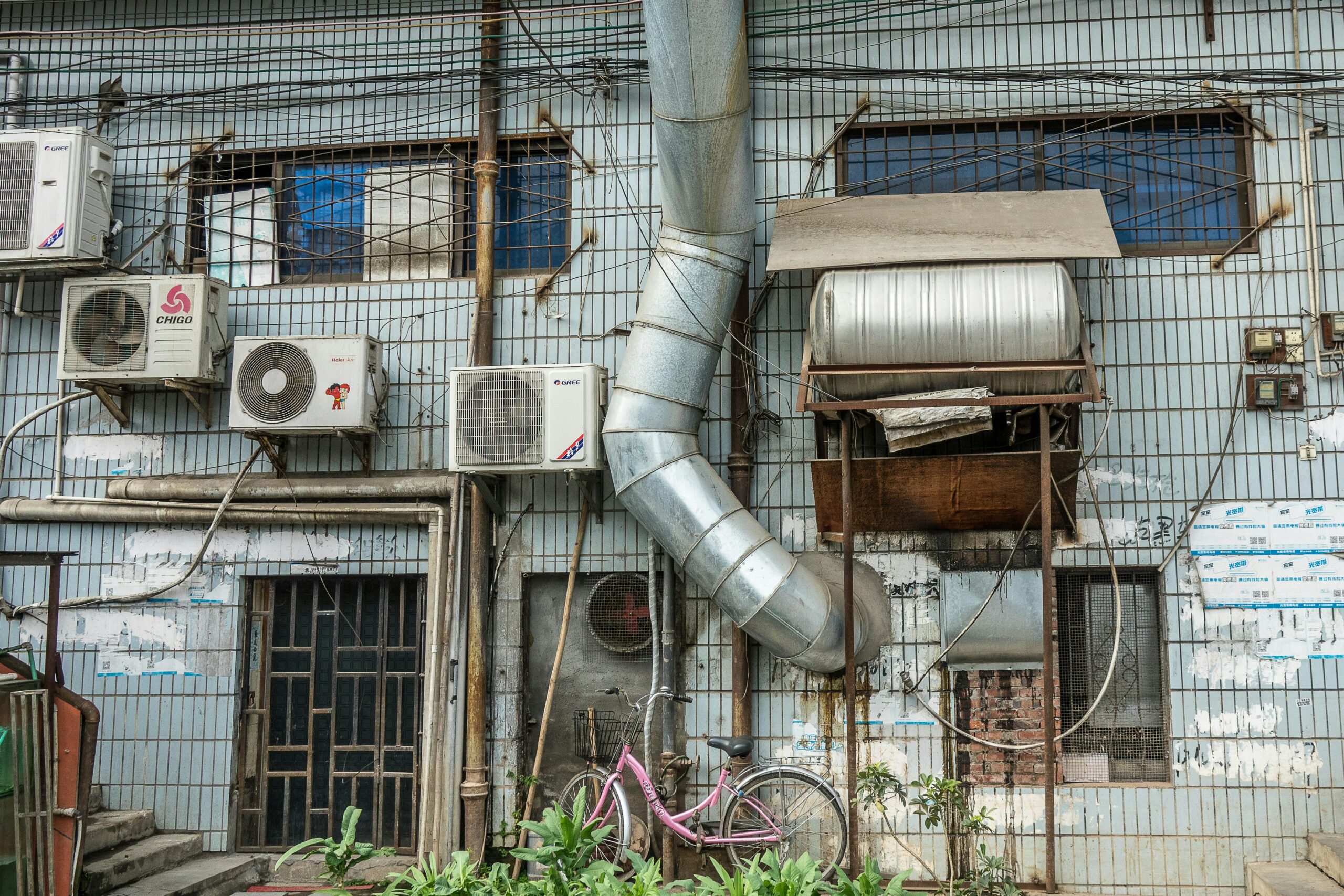
HVAC System Replacements: How to Act Fast and Get it Done Right
September 17, 2024

